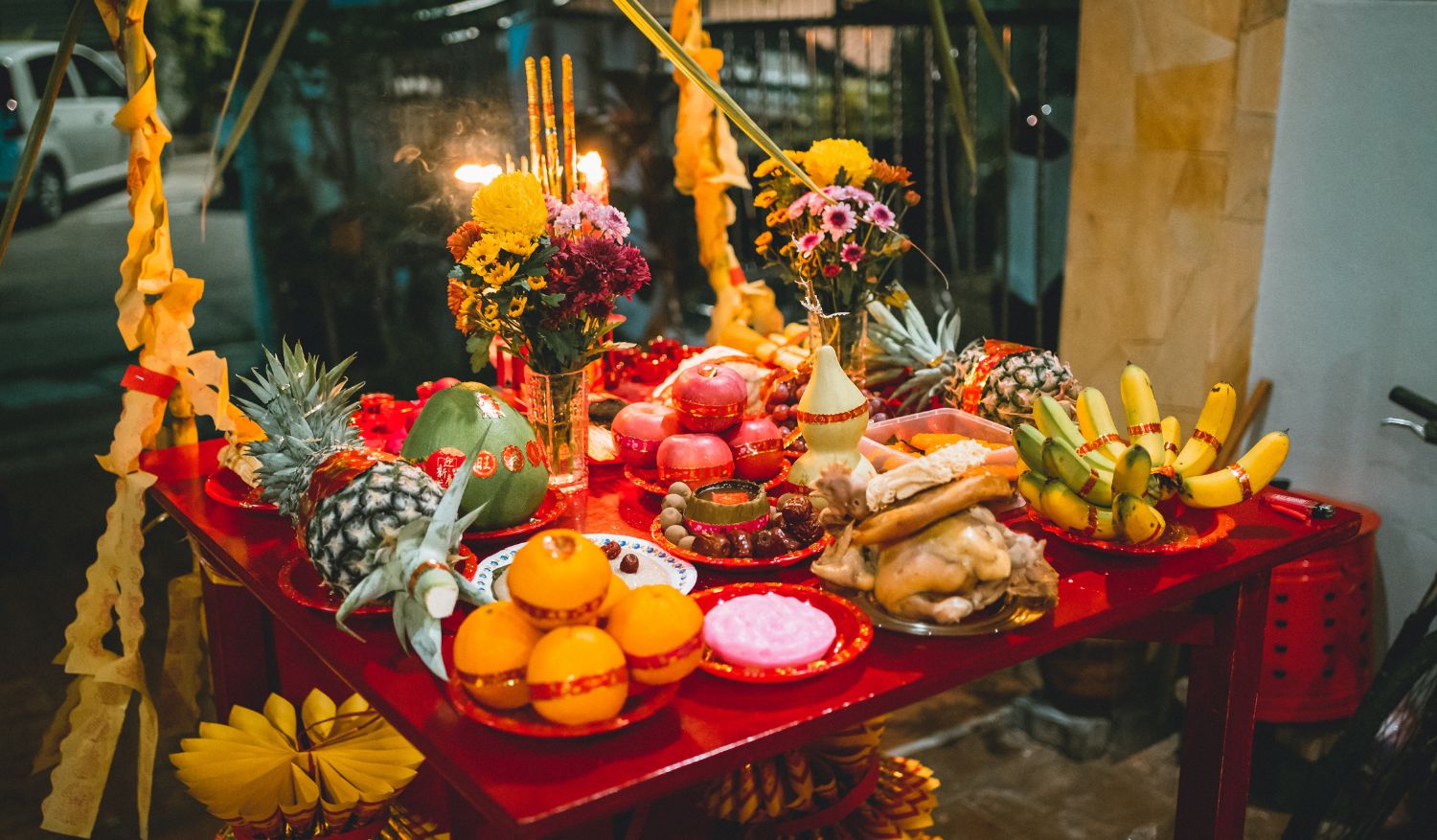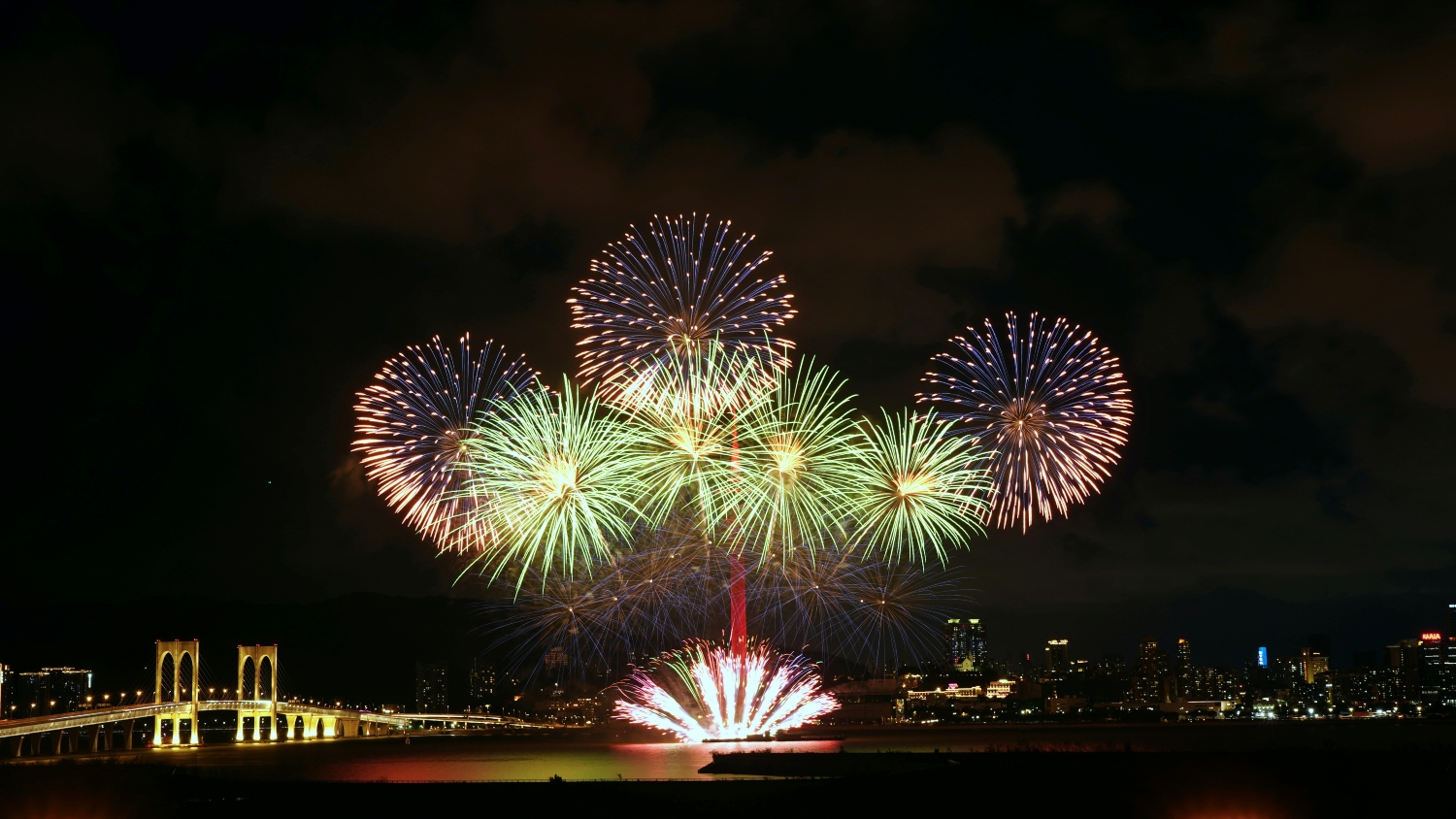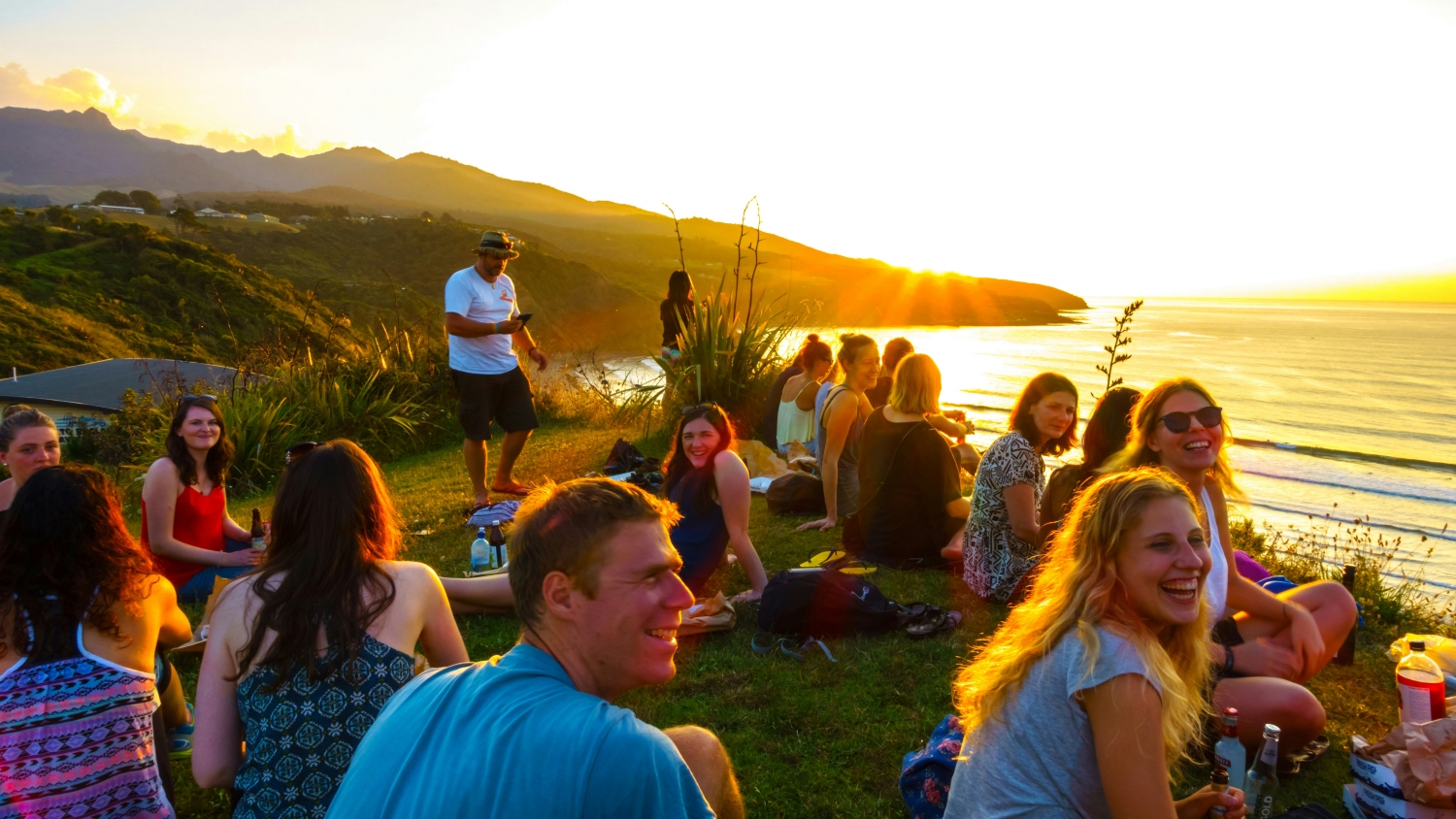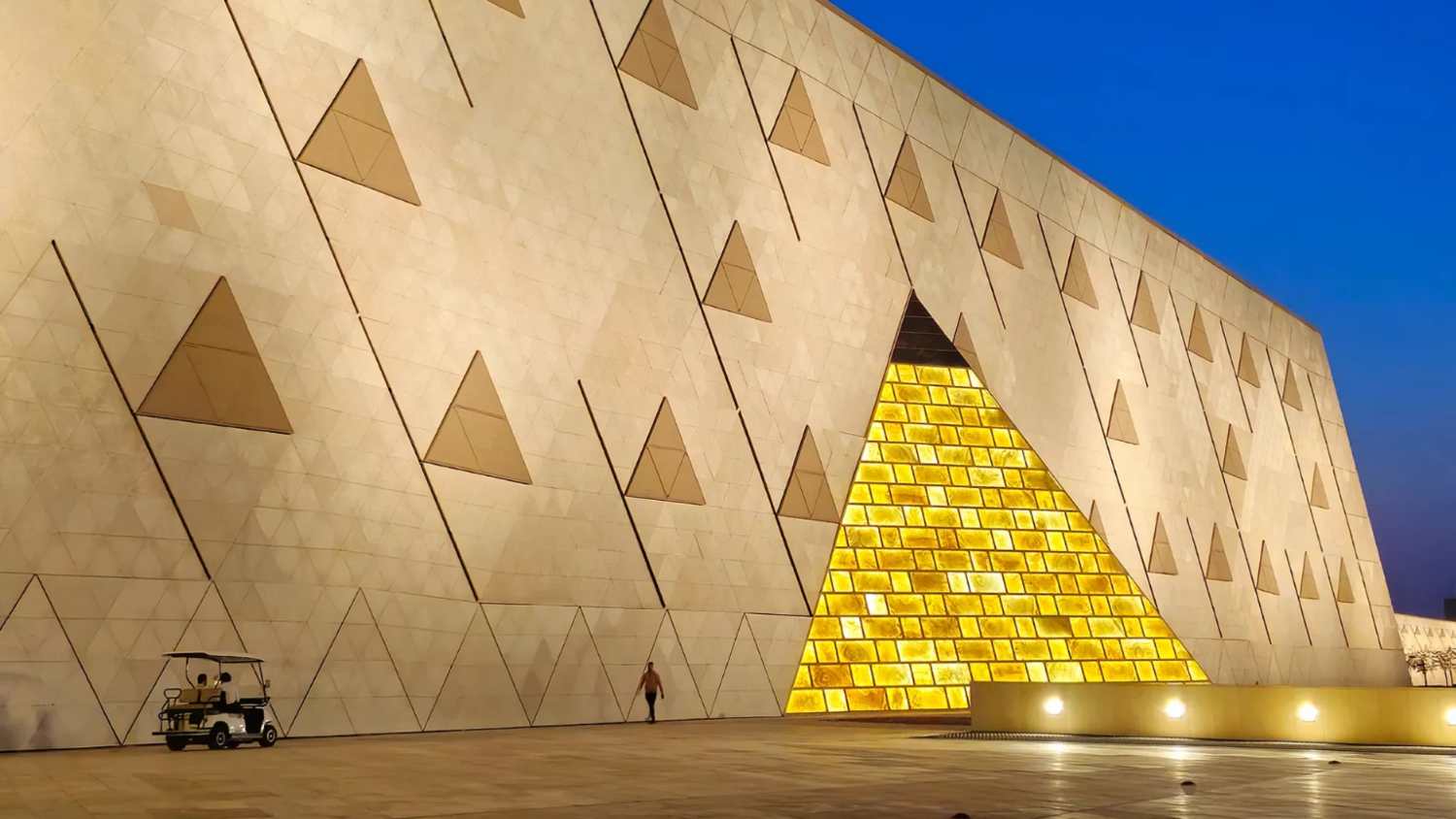The Hungry Ghost Festival is one of Southeast Asia’s most intriguing and spiritually charged events, weaving together centuries-old Taoist, Buddhist, and folk beliefs.
It is observed across the region – particularly in Singapore, Malaysia, Hong Kong, Taiwan, and parts of Thailand and Vietnam – and marks the seventh month of the lunar calendar, when it is believed the gates of the underworld open and spirits roam freely among the living.
In local culture, these wandering “hungry” spirits are thought to be souls of those who died without proper burial rites, or who have no descendants to make offerings to them.
To appease them, families burn joss paper (symbolic money and goods), prepare lavish food offerings, and host performances to entertain both humans and ghosts alike.
For travellers, the Hungry Ghost Festival offers a captivating window into the spiritual beliefs, customs, and community spirit of Southeast Asia.
But participation – even as an observer – requires sensitivity to cultural norms. Here is a comprehensive guide to the dos and don’ts to keep in mind if you are in the region during this month-long festival.
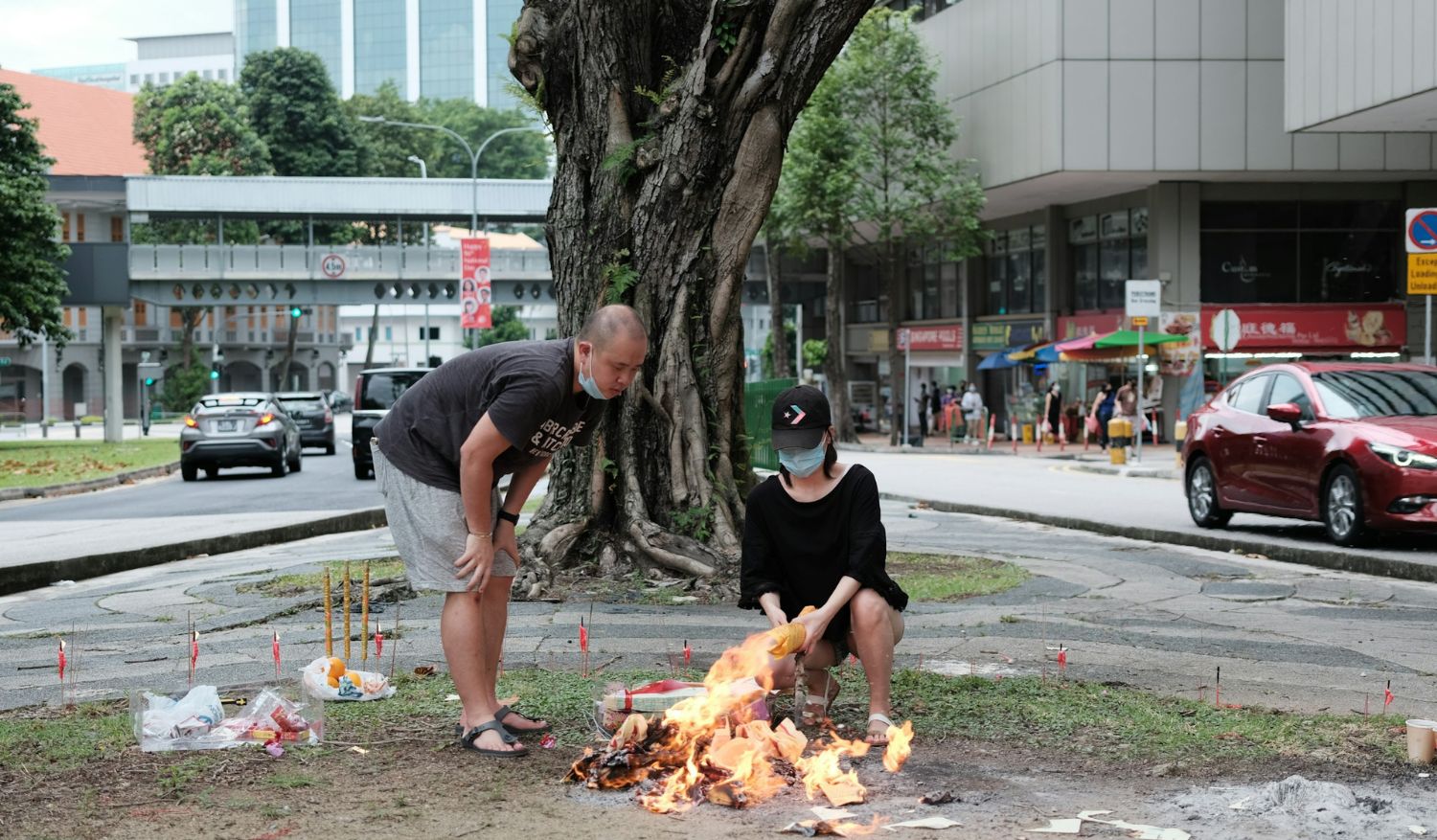
Dos During the Hungry Ghost Festival
1. Observe with Respect
In cities and towns, it is common to see offerings placed on pavements, at street corners, or outside shops. These may include roasted meats, fruits, rice, tea, beer, incense, and stacks of joss paper. Always walk around, not over, these offerings. Even if you are curious, avoid touching or photographing them without permission.
2. Attend a Getai or Chinese Opera
Getai – brightly lit stage performances featuring music, dance, and comedy – are a signature of the festival in Singapore and Malaysia. They are held to entertain both the living and the spirits. The first row of seats is traditionally left empty for unseen guests, so be mindful not to sit there. Chinese opera performances, often in open-air venues, offer a more traditional experience steeped in symbolism.
3. Sample Festival Foods
Food plays a major role in the Hungry Ghost Festival. Some households prepare vegetarian meals on certain days as a mark of purity, while others make longevity buns (shaped like peaches and filled with lotus paste) symbolising health and long life. Street vendors may sell seasonal treats such as glutinous rice cakes, sweet dumplings, and mooncake-like pastries.
4. Follow Local Guidance
If you are invited to participate in rituals or join a family gathering, observe what your hosts do before following suit. Certain prayers or offerings may have specific sequences, and it is respectful to let locals lead the way.
5. Learn the Stories Behind the Customs
Ask locals about the legends associated with the Hungry Ghost Festival – such as the tale of Mu Lian, a Buddhist monk who saved his mother from the underworld by making offerings to monks and the poor. Understanding the narrative adds depth to your experience.
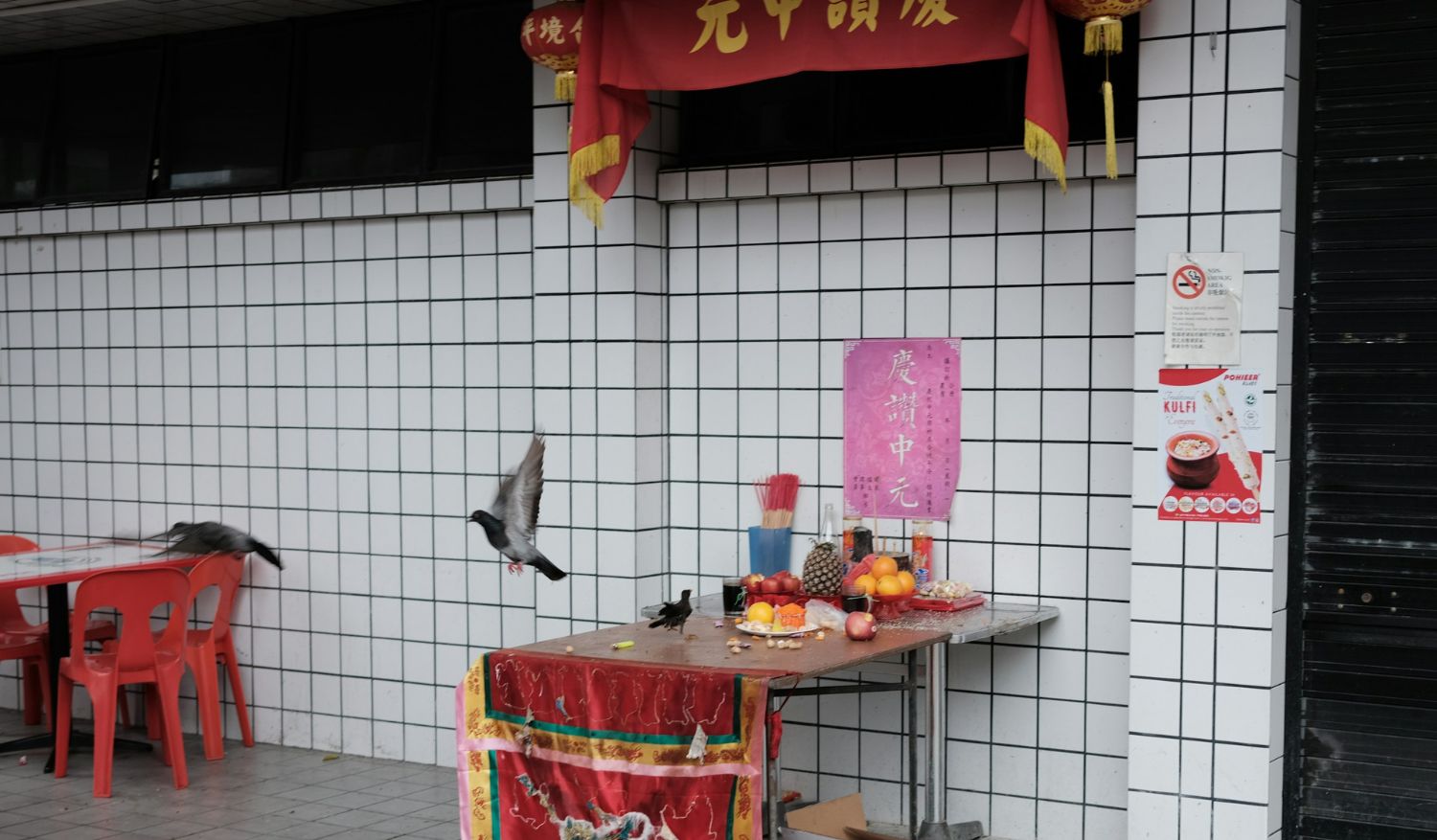
Don’ts During the Hungry Ghost Festival
1. Don’t Make Jokes About Spirits
This is not the time to make light of the supernatural. Even if you are sceptical, mocking ghost beliefs may offend those who take them seriously and could be seen as disrespectful to the spirits.
2. Avoid Night-time Whistling
Many believe whistling after dark attracts wandering spirits who may follow you home. If you need someone’s attention, call softly instead.
3. Don’t Point at the Moon
Superstition holds that pointing at the moon may anger the moon goddess or deity, potentially leading to bad luck or even physical misfortune. While this may sound folkloric, it is a tradition many still observe.
4. Steer Clear of Night-time Water Activities
Rivers, lakes, and the sea are thought to be hotspots for spirits of those who drowned. Swimming, boating, or fishing after dark is discouraged for both cultural and safety reasons.
5. Don’t Step on Shadows of Offerings
Some believe stepping on the shadow of an altar or offering may symbolically “trample” on the spirit being honoured, bringing bad fortune.
6. Avoid Wearing Dark or All-black Clothing at Night
In some communities, dark clothing is associated with mourning and is believed to attract spirits more easily. Lighter colours are generally preferred during evening outings.
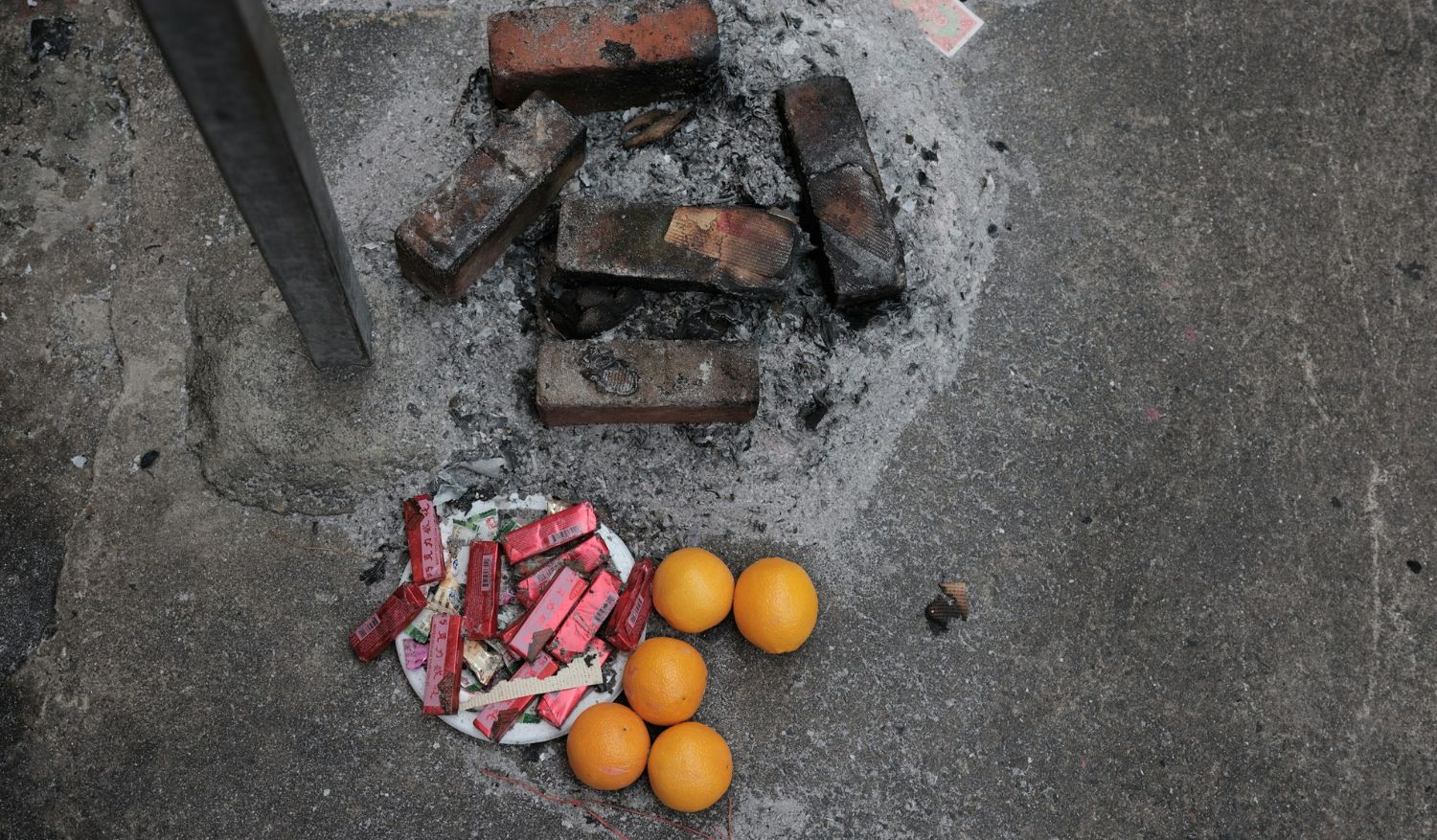
Regional Variations to Look Out For
Singapore
Known for its vibrant getai performances, often in multiple languages, and elaborate roadside offerings in both residential and commercial areas.
Malaysia
Chinese communities in Penang, Johor Bahru, and Kuala Lumpur observe the festival with opera performances and large public feasts.
Hong Kong
The festival, also called Yu Lan, features community-led rituals in temples and outdoor spaces, with emphasis on offerings for both spirits and ancestors.
Thailand
In Phuket, the festival blends with local Peranakan customs, incorporating unique foods and rituals.
Vietnam
Called Vu Lan Festival, it focuses on filial piety, temple visits, and merit-making for deceased parents.
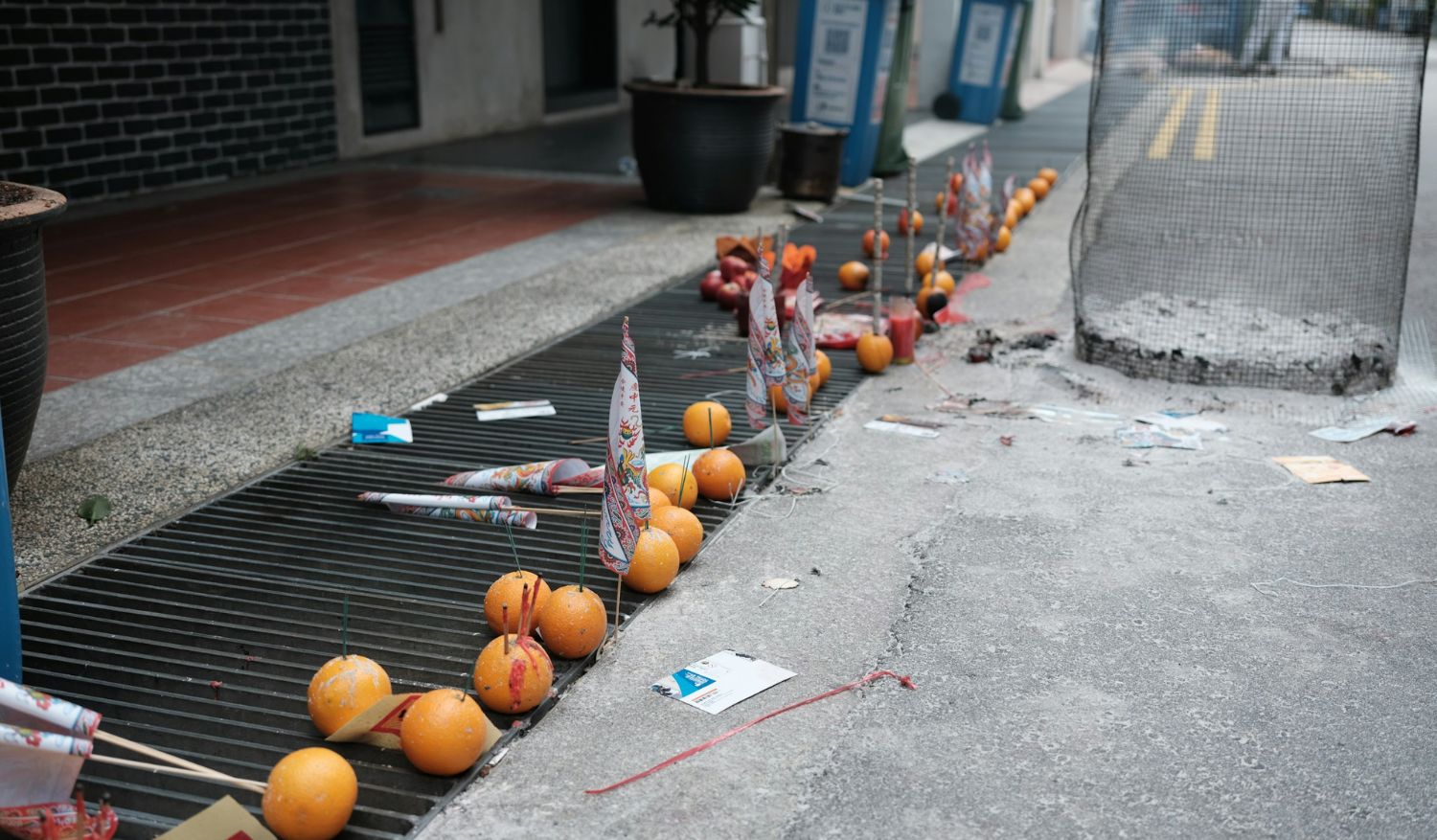
Best Time to Visit
The Hungry Ghost Festival falls in the seventh lunar month, typically from late July to late August.
The 1st day marks the opening of the underworld gates, while the 15th day is the peak, featuring the largest ceremonies, performances, and offerings.
The final day is also significant, when rituals are performed to guide spirits back to the underworld.
For the richest experience, plan your visit to coincide with the days surrounding the 15th. This is when you will see the most public displays, street performances, and bustling night markets.
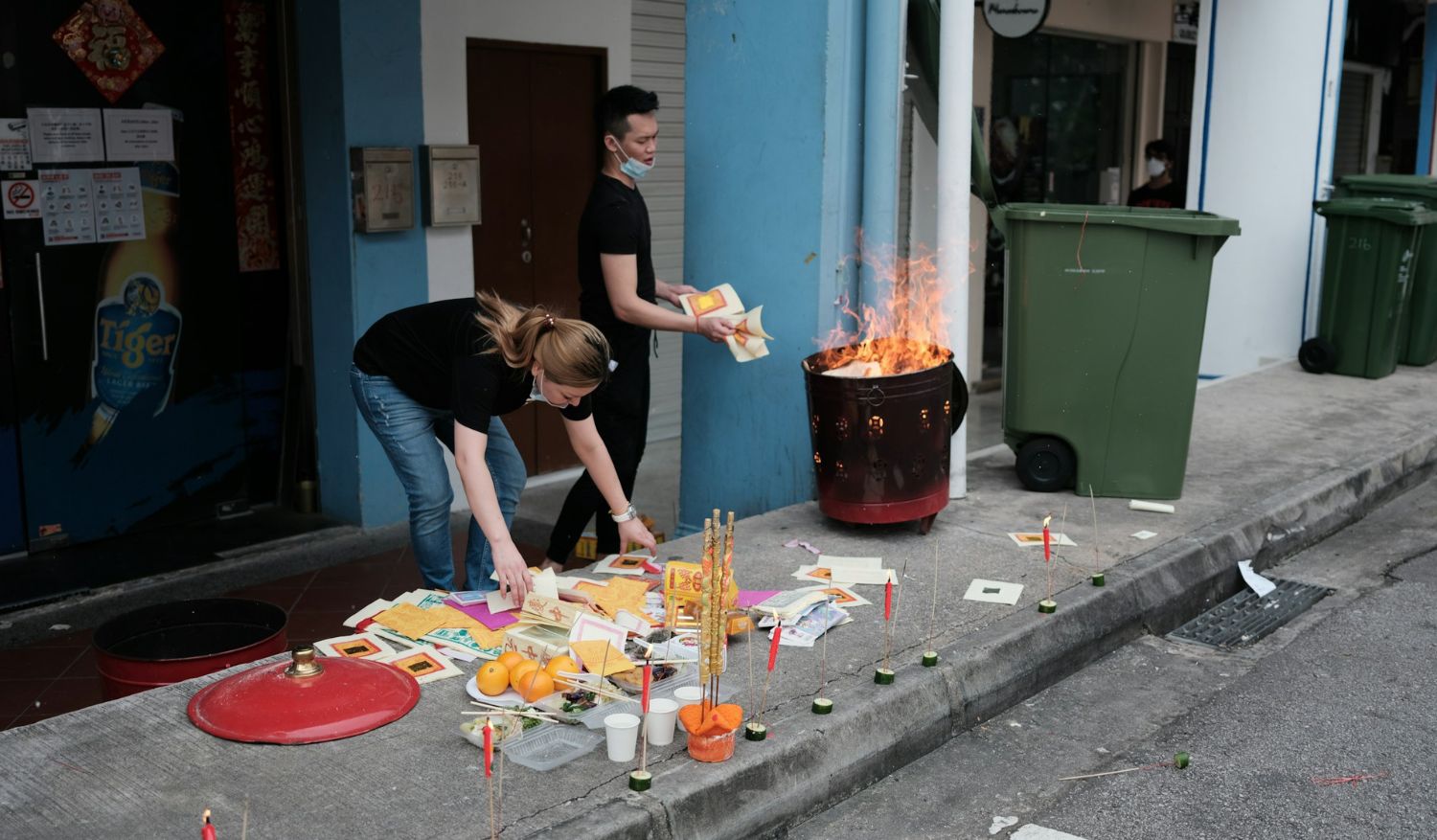
Traveller Tips
– Dress modestly when attending ceremonies or public performances.
– Tread carefully on pavements – offerings may be placed in unexpected spots.
– Bring small change to purchase snacks, incense, or offerings from street vendors.
– Ask before photographing any rituals, altars, or people in prayer.
– Respect performance customs – don’t sit in the front row of getai or opera shows unless explicitly told you may.
– Hire a local guide to help explain customs, legends, and taboos you may not be familiar with.
The Hungry Ghost Festival is a vibrant cultural tapestry that honours the unseen, fosters community bonds, and preserves ancient traditions.
By following these dos and don’ts, you will not only avoid accidental disrespect but also immerse yourself in one of Southeast Asia’s most distinctive and meaningful cultural events.
For more culture-focused guides, head here.


